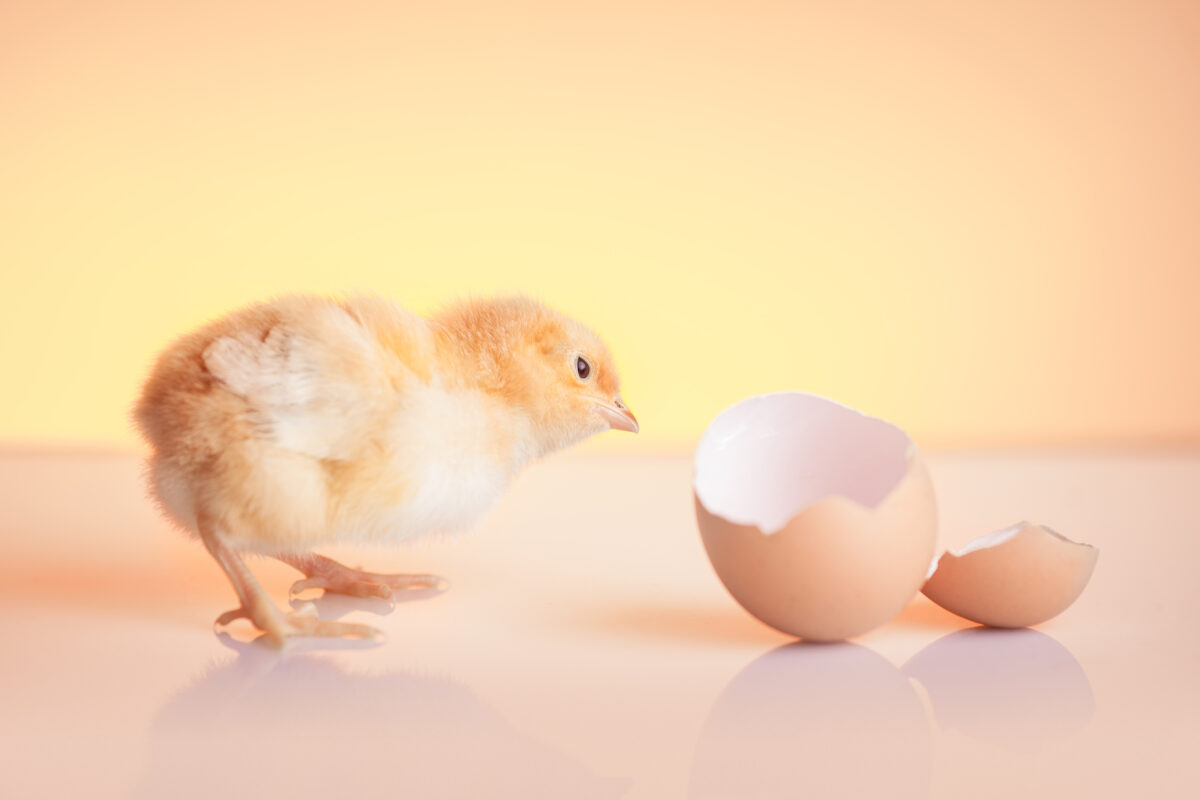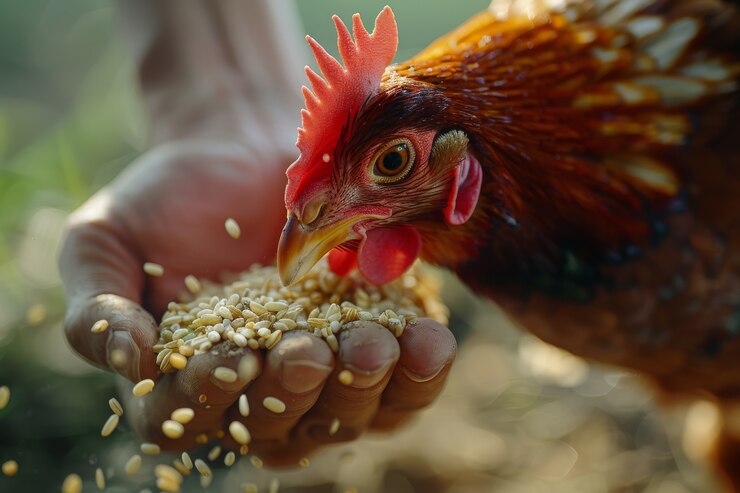10 Common Mistakes Farmers Make When Feeding Their Birds

Feeding poultry is a critical aspect of successful farming. Proper nutrition ensures healthy growth, high productivity, and reduced susceptibility to diseases. However, many farmers unknowingly make mistakes in feeding practices that can negatively impact the health and productivity of their birds. Here are some common errors and tips on how to avoid them:
1. Using Poor-Quality Feed
Poor-quality feed, whether due to contamination, expired ingredients, or insufficient nutrients, can lead to poor growth and health issues in poultry.
Always source feed from reputable suppliers. Check the expiration dates and ensure the feed is stored in a cool, dry place to prevent contamination and spoilage.
2. Improper Feed Storage
Improper storage conditions can cause feed to spoil, grow mold, or attract pests. Birds that consume spoiled feed may suffer from health problems.
Store feed in airtight containers or sealed bags in a clean, dry, and well-ventilated area. Regularly inspect storage areas for signs of pests or moisture.
3. Overfeeding or Underfeeding
Overfeeding can lead to obesity and decreased egg production, while underfeeding results in malnutrition and stunted growth.
Follow feeding guidelines based on the age, breed, and purpose of your birds (e.g., meat production or egg-laying). Monitor their weight and adjust portions accordingly.
4. Failing to Provide a Balanced Diet
Some farmers rely on single types of feed, which may lack essential nutrients like proteins, vitamins, and minerals. This can lead to deficiencies and health issues.
Provide a balanced diet that includes grains, proteins, vitamins, and minerals. Incorporate commercial feed formulations designed to meet the specific nutritional needs of poultry at different growth stages.
5. Inconsistent Feeding Schedules
Birds thrive on routine. Irregular feeding schedules can cause stress, which affects their growth and productivity.
Stick to a consistent feeding schedule. Feed your birds at the same times every day to maintain their health and reduce stress.
6. Neglecting Clean Water Supply
A clean water supply is as important as quality feed. Dirty or insufficient water can lead to dehydration and disease.
Ensure birds always have access to clean, fresh water. Regularly clean water dispensers to prevent contamination.
7. Feeding the Wrong Type of Feed
Using the wrong feed for the bird’s age or purpose can lead to poor results. For instance, feeding layer feed to broilers can hinder their growth.
Use feed designed specifically for the bird’s stage of development and purpose, such as starter feed for chicks, grower feed for juveniles, and layer feed for egg production.
8. Ignoring Feed Additives
Feed additives, such as probiotics, enzymes, and supplements, are essential for improving digestion and boosting immunity. Some farmers overlook their importance.
Incorporate recommended feed additives to enhance the nutritional value of the diet. Consult a poultry nutritionist for advice on the best additives for your flock.
9. Overlooking Feed Waste
Spillage and improper feeding equipment can lead to significant feed wastage, increasing costs without benefiting the birds.
Use well-designed feeders that minimize spillage and wastage. Monitor feed consumption to adjust portions and reduce unnecessary losses.
10. Neglecting to Monitor Feed Conversion Ratio (FCR)
The Feed Conversion Ratio (FCR) measures how efficiently birds convert feed into body mass or eggs. Ignoring this metric can result in poor productivity.
Regularly calculate FCR to assess feeding efficiency. If the ratio is poor, evaluate feed quality, bird health, and management practices to identify areas for improvement.
Conclusion
Proper feeding practices are essential for maintaining the health and productivity of your poultry. By avoiding these common mistakes and implementing the suggested solutions, farmers can optimize their operations and achieve better results. Remember, investing in quality feed and consistent feeding practices pays off in the long run with healthier, more productive birds.







